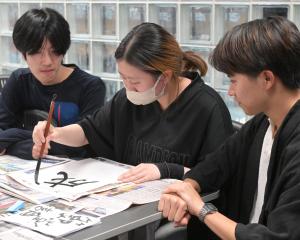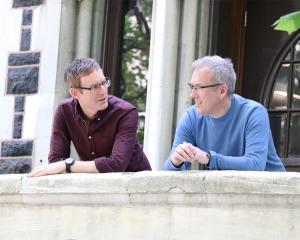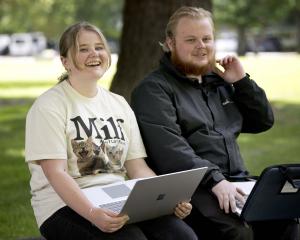
University of Otago (Wellington) Te Ropu Rangahau Hauora a Eru Pamare Centre researchers are working with a group led by the Johns Hopkins Centre for Indigenous Health, which recently received the grant to develop Maori-led programmes and intergenerational play spaces centred on tikanga and te ao Maori.
The centre will partner with Te Hou Ora Whanau Services, in Dunedin; Kokiri marae, in Lower Hutt; and Toi Matarua Rangatahi Research, in Napier, to complete the work.
The group received the funding through a Lego Foundation Build a World of Play Challenge.
The Lego Foundation supports organisations which make substantial contributions to the lives of children from birth to 6 years old.
Te Hou Ora Whanau Services chief executive Dan Anderson described the grant as a "breath-taking opportunity" because it provided unprecedented access to a platform and network which would further enable the organisation to inspire transformational change for whanau.

"This mahi will further evidence the innovative and transformational capabilities of indigenous community organisations.
"We are incredibly excited about the opportunity to demonstrate how matauranga Maori solutions effectively address the complex and intergenerational problems facing whanau."
Otago project leader Dr Paula Therese Toko King said the project would promote traditional whanau models of wellbeing, nature-based recreational spaces and cultural teachings which reflected the values of the communities involved.
"We feel privileged to work with our indigenous partners to support the moemoea and aspirations for the wellbeing of pepi, tamariki, whanau and their communities."












